Morocco is facing a wave of unrest as violent clashes between youth-led protesters and security forces have gripped several cities for four consecutive days. The demonstrations, driven largely by a new generation of young activists calling themselves GenZ 212, have drawn hundreds of participants demanding better social services, stronger employment opportunities, and an end to corruption.
According to local media reports, protesters marched through the streets on Tuesday night in multiple cities, including Rabat, Casablanca, and Oujda. The demonstrations, which began peacefully, quickly turned tense as some participants clashed with security forces. Footage circulating online shows cars and banks being set on fire, while witnesses reported that protesters hurled stones at riot police in a show of frustration at what they describe as years of neglect and mismanagement.
The Moroccan Association for Human Rights (AMDH) has accused security forces of using excessive force, alleging that officers physically assaulted demonstrators and carried out arbitrary arrests. In Oujda, a protester was reportedly injured after being hit by a police car, state news agency MAP confirmed. Dozens of protesters have been arrested nationwide, with the AMDH stating that 37 young people remain on bail pending investigations.
The youth collective GenZ 212, which organized the protests through social media platforms, issued a statement on its Facebook page condemning acts of rioting and vandalism that damaged public and private property. The group stressed that its movement is committed to peaceful protest and urged demonstrators not to engage in behavior that could delegitimize their demands. Central to those demands are calls for better healthcare, improved education, and greater access to job opportunities for young people struggling with high unemployment.
One of the more symbolic criticisms voiced by protesters has been over Morocco’s investment in preparations for the 2030 FIFA World Cup, which the country will co-host. Demonstrators carried banners comparing the money spent on stadiums to the dire state of public hospitals. One widely circulated sign read: “At least the FIFA stadium will have a first aid kit! Our hospitals don’t.” This message has resonated across social media, reflecting widespread frustration at what many see as misplaced government priorities.
The protests in Morocco are part of a broader global trend of youth-led movements demanding accountability and reforms. Similar uprisings this year in Nepal, Indonesia, the Philippines, and Madagascar have forced governments to respond, in some cases with sweeping political changes. In Nepal, the prime minister resigned under pressure from mass youth protests, while in Madagascar, the president dissolved his government earlier this week in response to large-scale demonstrations.
In Morocco, the government coalition issued a statement on Tuesday acknowledging the grievances of young people and expressing willingness to engage in dialogue. The coalition called for discussions to take place within institutions and public forums to find “realistic solutions” to the challenges facing Moroccan youth. It also praised what it described as the “balanced reaction of security authorities” in maintaining order while adhering to legal procedures.
Despite these assurances, tensions remain high, with many protesters skeptical about the government’s promises. As the Gen Z movement gains momentum, Morocco faces mounting pressure to address deep-rooted socio-economic issues that have long been ignored. For many young Moroccans, these protests are not just about jobs and healthcare but about reclaiming a sense of dignity and demanding that their voices be heard in shaping the future of their country.



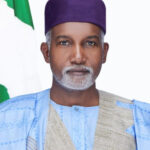

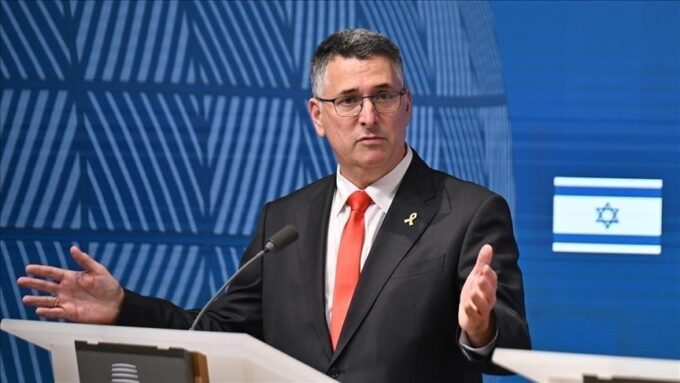

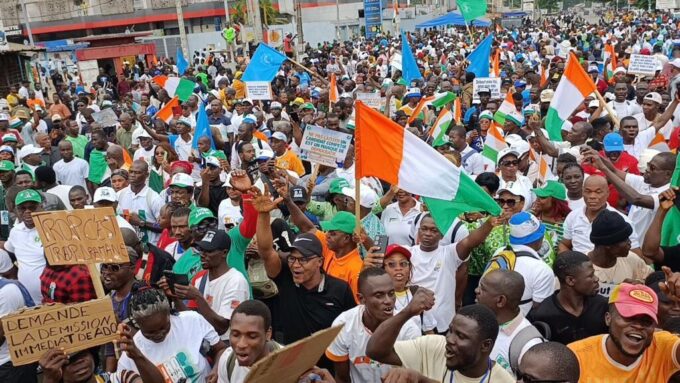

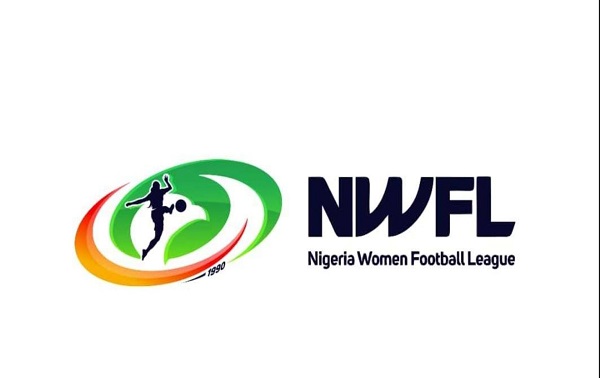
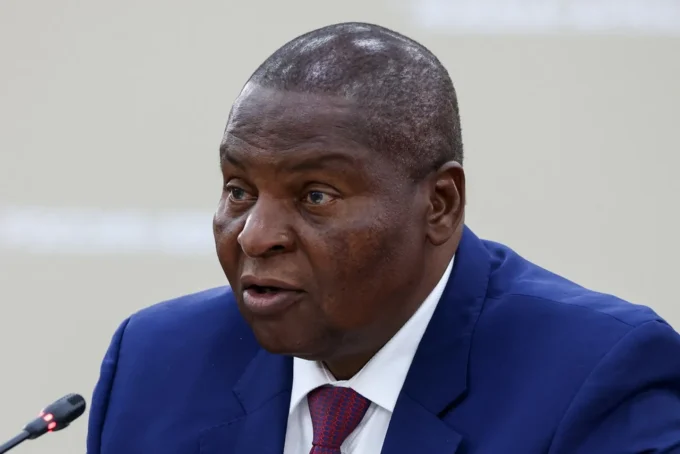



Leave a comment